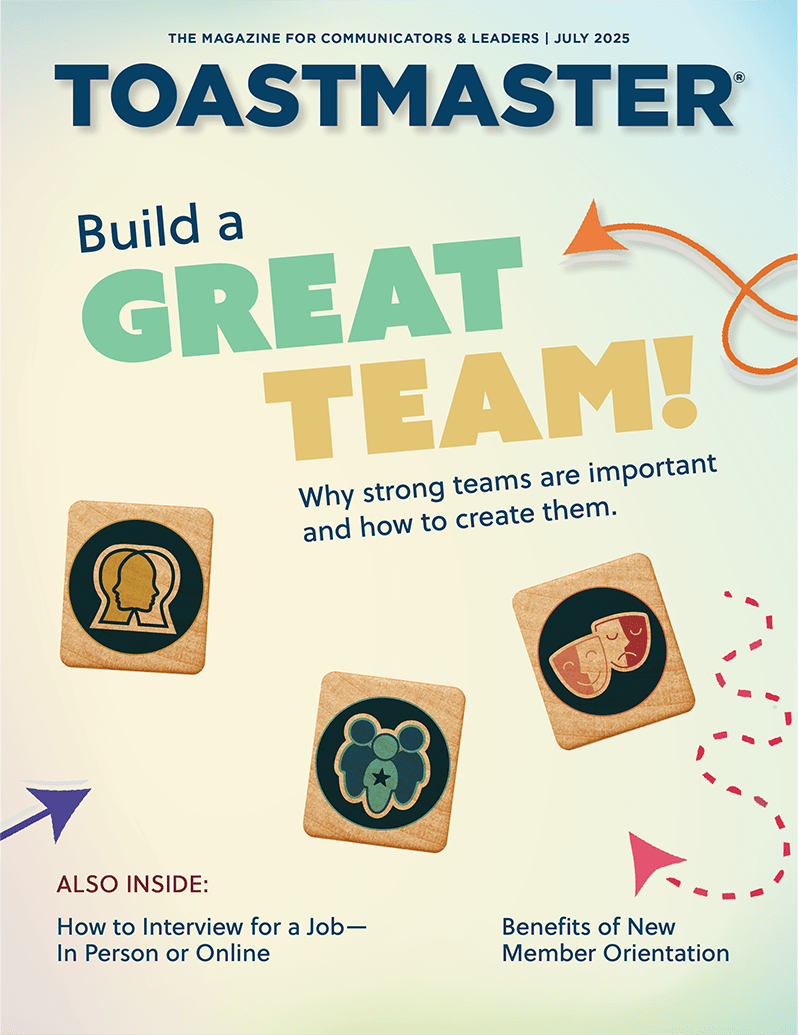
Mark Twain once gave the following advice to writers: “Substitute ‘damn’ every time you’re inclined to write ‘very’; your editor will delete it and the writing will be just as it should be.”
American novelist and columnist Florence King was of the same opinion: “‘Very’ is the most useless word in the English language and can always come out. More than useless, it is treacherous because it invariably weakens what it is intended to strengthen.”
Whether in writing or speaking, “very” is a good word to avoid. Yes, it has its place when used sparingly. The problem is many people overuse “very.” It becomes a crutch. Even worse is the use of “really,” which is just a weak way of saying “very.” When you use weak modifiers, your writing or speaking becomes weak.
How can you drop “very” but still emphasize an adjective? Simply use a better adjective. Jennifer Frost created an Âexcellent infographic for Grammar Check that lists 147 words to use instead of “very.” Download the list at .
John Zimmer, ACB, ALB
is a member of the International Geneva Toastmasters club in Switzerland and a 9-time champion of Toastmasters district speech contests and a semifinalist in the 2018 International Speech Contest. John writes the public speaking blog and is the co-creator of .



 Previous
Previous
 Previous Article
Previous Article